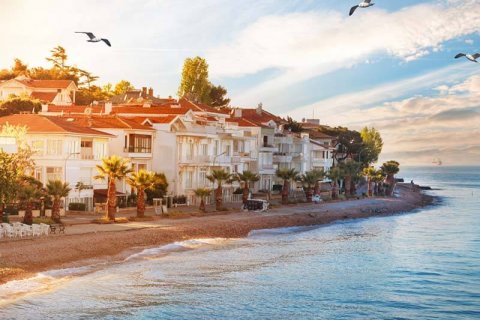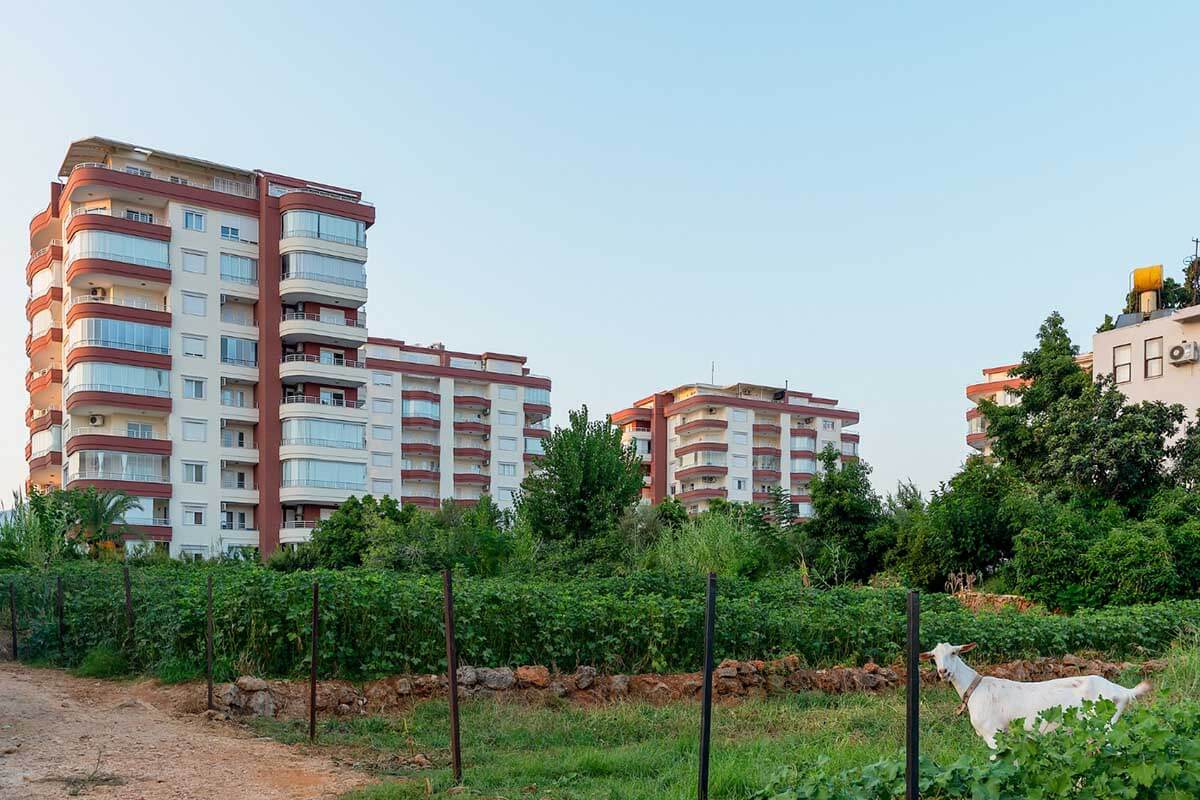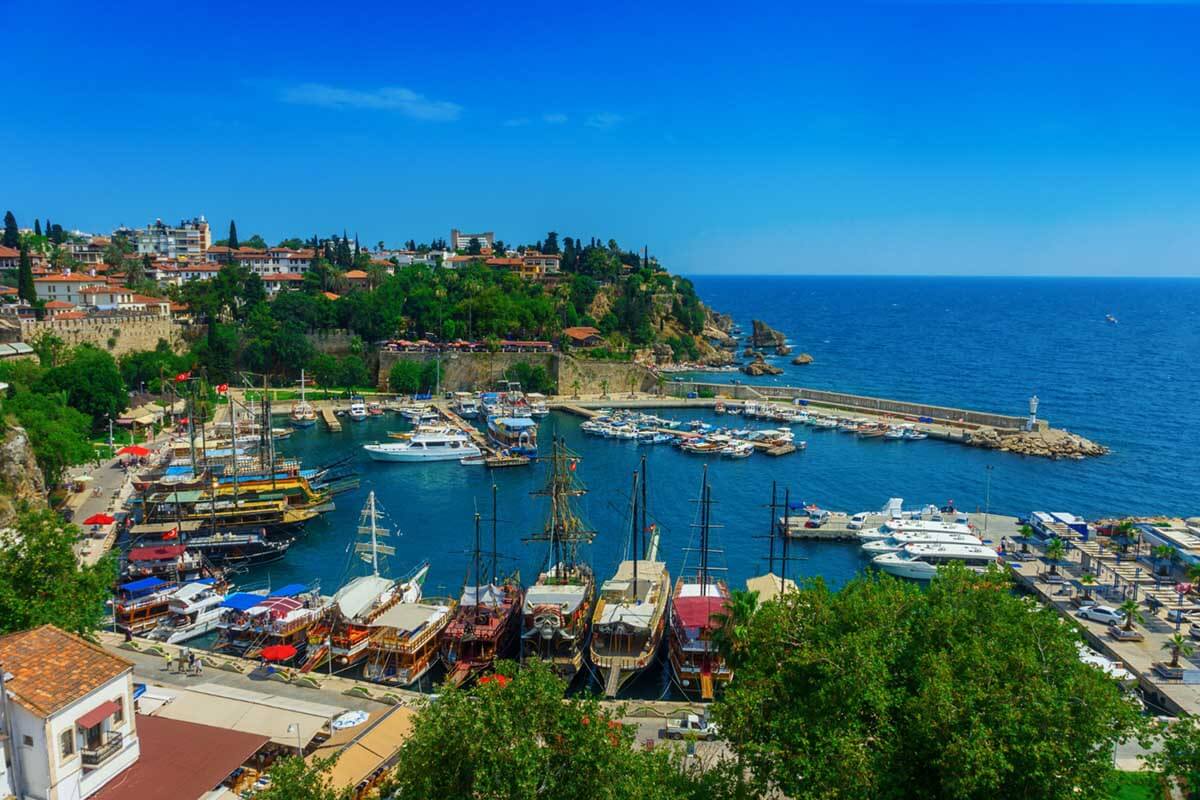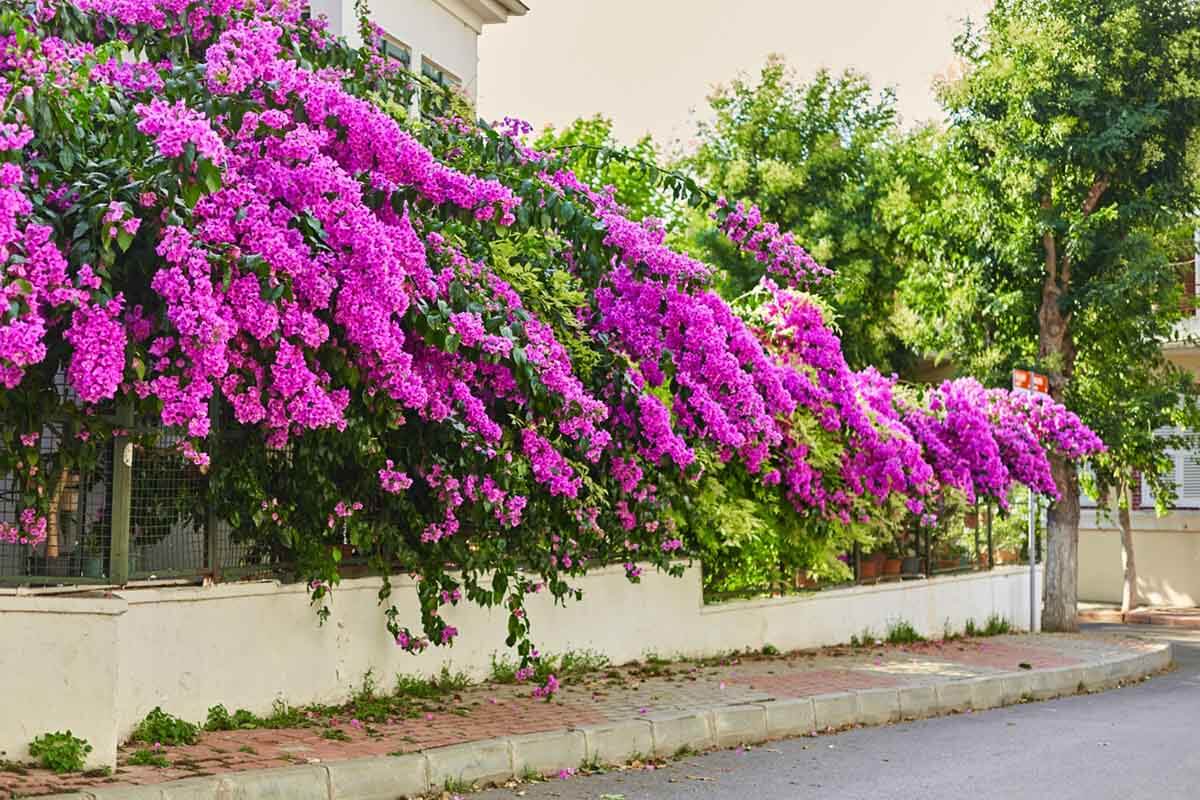
In a cite (private residential complexes), there are many common areas. Additionally, how exactly they should be shared is often controversial between apartment owners. Many are dissatisfied with how neighbors decide where theirs and someone else's spaces are. Moreover, it is not the owners and their family members who cross the border of "mine versus someone else’s", but relatives and friends.
We hope this article will help you navigate this topic, learn about your rights and protect your interests in sharing a common space with neighbors.
Content:
- Common areas
- An important "But"
- Owners and repairs
- Payment of expenses to maintain public areas
- Use of parking
- Use of the garden
- "With a slight movement of the hand, the garden turns into..."
Common areas
As a rule, they are in the contract. These are:
- Courtyards (located within the cite).
- Shared entrance doors.
- Halls.
- Stairs.
- Elevators.
- Corridors.
- Apartments or concierge room; this is also considered a public zone and all housing owners in the complex pay utility bills together as the concierge ("kapıcı" in Turkish) works around the clock. He looks after the complex, takes care of the garden, pool, etc.
- Storage spaces.
- Public parking lots.
- Parking.
- Garages.
- Thermostats.
- Water tanks.
- Hideouts.
- Fire safety ladders.
Listing all the points will take too much time. But if necessary, check the written list of what is considered public property in the residential complex. Any owner is privy to this information.
According to the provisions of shared ownership, apartment owners have a common property in proportion to their land share.
The share of your property defines the power you have. If you have 2 or 3 apartments in a cite, your opinion is weightier even when voting.
Talking about public areas, owners do not have the right to change something in them – for example, to fence them off for personal use, transform, repair, close, etc. Modifications are possible in public areas but only according to the results of a general vote of all owners at a meeting with the management company, and if it does not violate the requirements of housing legislation.
There are cites where each owner of an apartment, townhouse, or villa has a land plot, garage (or parking space), vegetable garden, or something similar.
In legal texts, this could read as: "Extensions...that are located outside the apartments and relate to a particular plot are considered an integral part of the independent plot to which they belong, and the owner of this plot becomes the sole owner of these extensions. If apartments are transferred or leased to someone else, extensions are also considered automatically transferred, registered or leased."
Whatever is considered public squares can be used by apartment owners and their family members without restrictions.

An important "But"
As for the infrastructure, there are exceptions. Modern residential complexes have a swimming pool or even several (indoor or outdoor, heated or not), sauna, hammam, gym, etc.
However, in Turkey, visiting guests and staying away for a long time (sometimes for months and years) is something like a "national sport". And their foreign relatives often come to apartment owners to relax by the sea (often for weeks and months).
As a result, there is a question: can guests use all of the above? And where is the border separating guests with minimal powers and temporary residents living in an apartment since the homeowners of their relatives and friends have the right to register them for some time?
There is no unity here as homeowners decide at a general meeting, sometimes with the participation of representatives of the management company. This decision should be documented and the "Rules of conduct on public territories in the cite» were recorded and were available for people to always have something to argue about.”
To sum up: if owners determine by a majority of votes that only homeowners and their family members can use the sauna/hammam/pool, guests will only have to enjoy the beautiful garden and relax on sun loungers in the shade of trees or on sunny lawns. If they decide to open access to public infrastructure, everyone invited - including those who have just come to lunch - will be able to use the pool, etc.
Both options have their pros and cons. In particular, the carte blanche for guests is to invite friends/buddies royally. The main disadvantage of this solution will be that the gym and sauna may be occupied by visitors, the pool is crowded, and the homeowners will not be able to enjoy life at their estate.
Owners and repairs
It is also impossible to make repairs like external whitewashing, painting, brickwork, tiles, boards, etc. of any of the common areas in the cite without the written consent of four-fifths (80%) of the owners.
But there is an exception here. If the court finds that a malfunction in public places and housing damages the main structure or individual parts of the house, or that the building needs urgent repair/its main structure needs strengthening, the approval of other owners is not required. You only need to coordinate this issue with regulatory authorities.
Moreover, the work on strengthening buildings is partially or fully funded by the state as part of a nationwide urban transformation project.
The owners may also decide to do something, for example, repaint the walls of the house in a different color or polish them, change the tiles, order new solar panels or boilers, etc. This is their own business and the decision is made by a majority vote. The good thing is that 100% consent is not required. However, the unpleasant moment here may be that if you disapprove of this idea but stay in the minority, you will have to pay your share of the costs.
Payment of expenses to maintain public areas
Each unit of residential property (apartment, house, etc.) accounts for a share of the payment. The owners pay for the work of the kapıcı (caretaker of the complex), the master of the boiler room (if a boiler room is available), the gardener, the watchman, the guard (if there is one), the pool maintenance masters (if the kapıcı is not responsible for it), and electricians.
Insurance premiums are paid accordingly.
You have to pay the amounts available for maintenance and repairs, and even if you live in your apartment for only 2-3 weeks out of 12 months a year, this doesn't matter.
If there are debts, the homeowner may be sued. This does not happen often and usually happens with long-term non-payments. If the delay in payment of contributions is several weeks or months, the homeowner can agree on a postponement without a fine (penalty) that is several percent per month.
When referring to force majeure such as the pandemic, this prevented many foreigners from among Turkish homeowners in their countries without arriving or, at least, without transferring money.

Use of parking
Parking is usually the most controversial point. There are not always many places for cars in residential complexes at least according to the number of apartments.
As a result, there can be 2 or 3 cars in one family, guests arrive with private transport, and a third of the residents do not end up having enough parking space by the evening.
Unfortunately, there is no one-size-fits-all solution here; every homeowner on the cite can use the parking lot. A compromise for everyone has to be found: is it possible to let guests' cars into the parking lot for at least a few hours? Is the rule "whoever arrives first is allowed their place" acceptable? Is it possible to reserve a place if there are fewer parking spaces than apartment owners? If a homeowner does not have enough space on the cite, is it possible to drive on the lawn which is also a public space? And so on.
It is important to note that the debate about whether it is allowed to use the "infield" in the cite as a parking lot for cars has already become newsworthy for several reasons in the Turkish press. Many car owners tend to abuse their rights. Lawyers comment on this situation as follows: "The garden on the plot is a common area and all owners of residential real estate in the cite have the right to vote, deciding how to operate it. Thus, the use of the garden as a parking lot without the consent and approval of the owners is illegal and may serve as a reason for an early appeal to the court."
The owners alone cannot decide on parking at a general vote; representatives of the management company must also take part in the meeting to make sure of the so-called "fair use" of the territory.
Speaking about the other nuances of "sharing" a private parking lot on the cite, especially when its area is not large, many issues can be solved by inviting a surveyor and asking him to outline a plan and how the parking area should be used. After the approval of the plan by 80% of the votes at the general meeting, it is necessary to register (record in writing) the sketch adopted by the majority, notarize it, and introduce the decision in the Land Register, as well as in the Annex document to the Cite Management Plan.
However, the developer should solve issues like planning a parking space, drawing sketches with a surveyor, calculating how many parking spaces may be required and how they will be allocated among the residents of the cite.
Use of the garden
The law says that "the owners of condominiums have all the common plots of the main real estate under the provisions on shared ownership in proportion to their land share." In short, the share of land available according to the ownership documents also extends to the garden area. However, this distribution is nominal – the owners of apartments, townhouses, etc. do not have the right to divide the garden territory in direct proportion to their land share and close off "their" plot for use by other residents of the cite.
This way is possible only if the land plot is attached to an apartment or house in sole ownership and this is recorded in the documents (as already noted above), or a garden plot can be assigned to an apartment with the general (!) consent of the owners.
As a rule, such consent is easier to obtain if the owners have some benefit. For example, one of the tenants wants to make a beautiful flowerbed on XX square meters — "his" land plot — and take care of it to please everyone living in the cite, or create a vegetable garden on this land plot or plant a fruit-bearing bush so that all homeowners can enjoy vegetables and berries for free.
In all other cases, lawyers clarify that the garden is considered a common area and all apartment owners are entitled to receive benefits in proportion to their land share.

"With a slight movement of the hand, the garden turns into..."
If the owners of apartments, townhouses, or villas belonging to the same city decide to change the purpose of a public territory, this is their right. Unless, of course, the new designation of the territory threatens to collapse the house and other building structures.
At the general meeting, residents can agree to use one of the lawns for guest parking or to build a playground. Or vice versa; if, for example, there is a playground in the cite, only childless families or single owners live in the residential complex, and the playground takes up space in vain, it could be then turned into a dog-walking area, demolished to make a flowerbed/rose/fruit garden or something else in its place.
However, if we are talking about a special purpose place (like a swimming pool), the decision should be made not just by a majority of residents but by 100% of votes. The legal wording is as follows: "Places intended for special purposes cannot be used for other purposes without unanimous consent."
